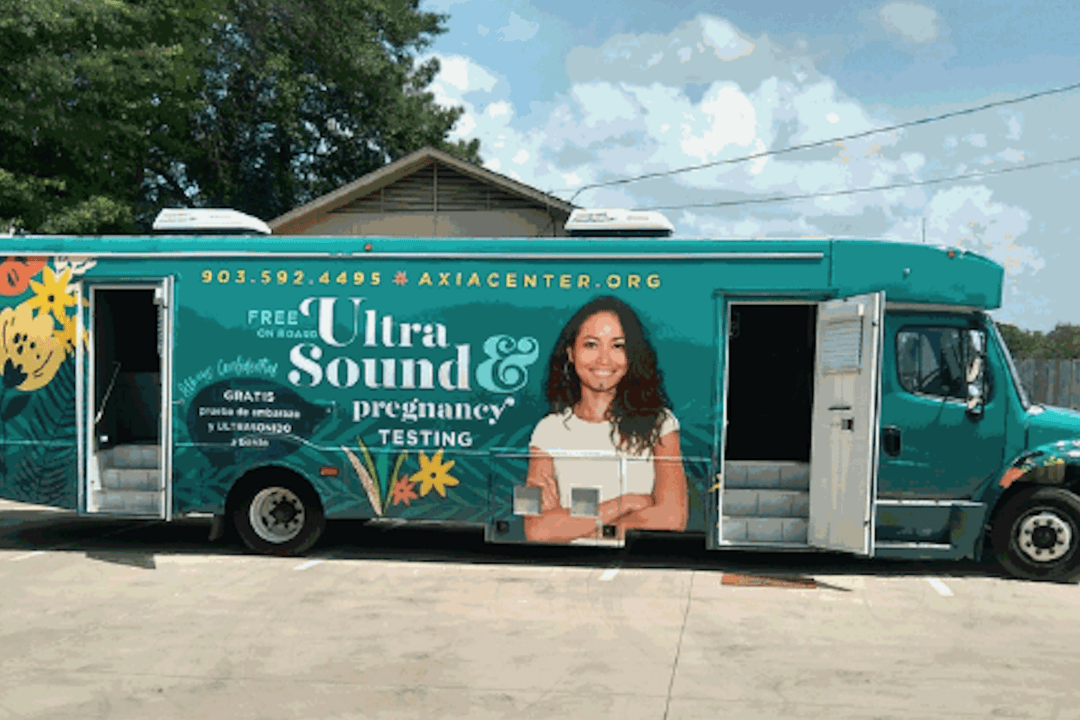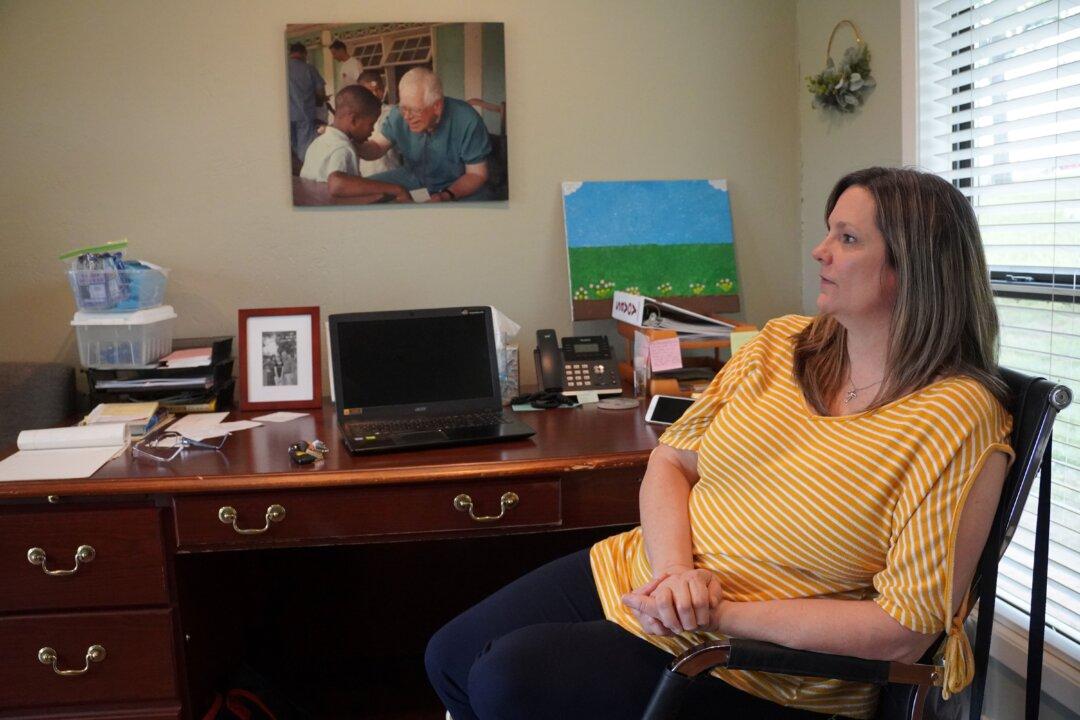In the late 1960s, Julie found out she was pregnant at age 19.
Unmarried, the west coast girl was sent thousands of miles away to America’s east coast to have the baby secretly. Cut-off from family and familiar friends, her life changed dramatically as she delivered the child, which was then adopted. She then began life anew.





